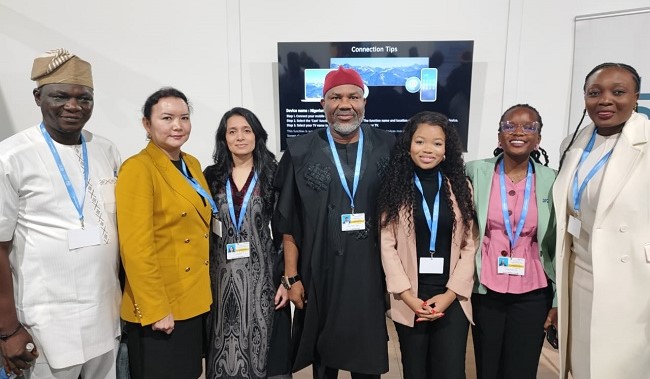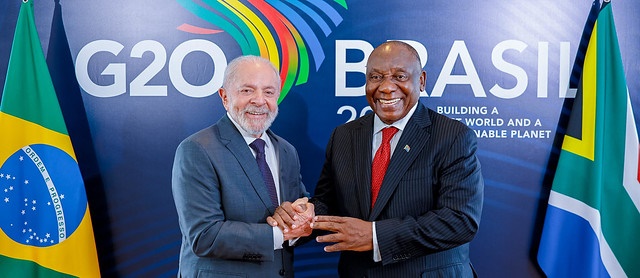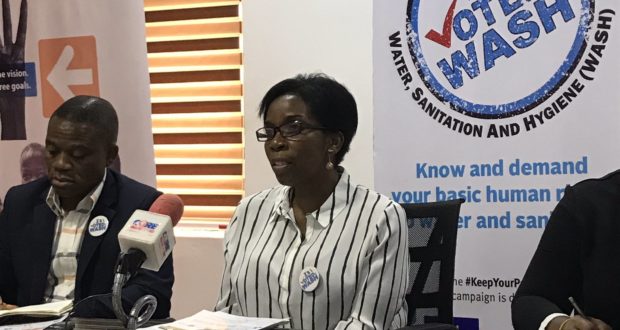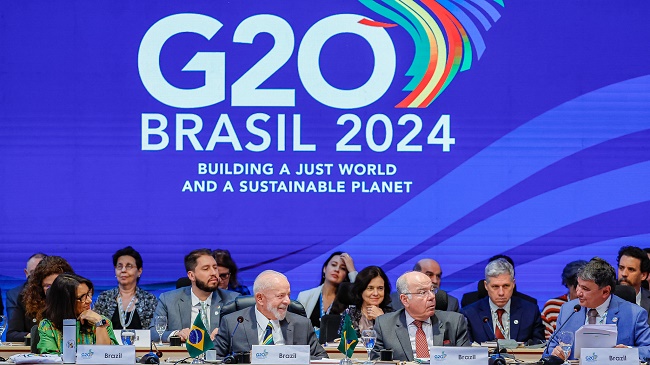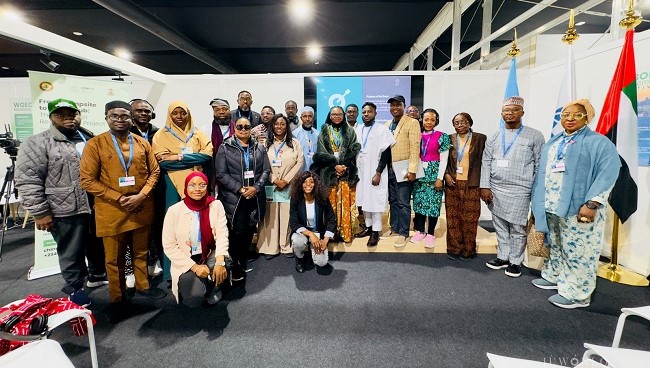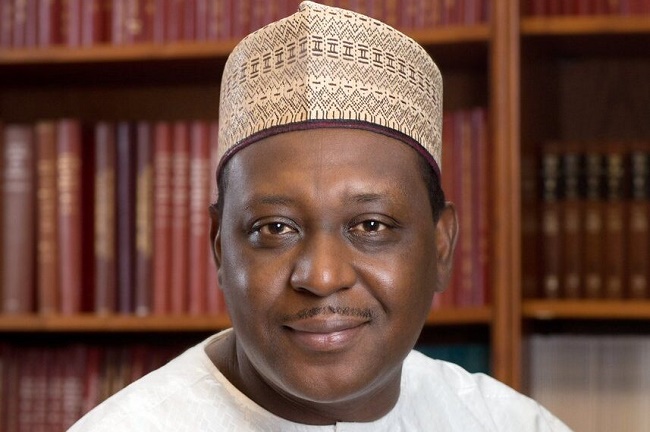As world leaders gather for the 29th session of the Conference of the Parties (COP29) to the United Nations Framework Convention on Climate Change (UNFCCC), Nigeria’s environmental challenges demand immediate attention. The devastating impact of climate change on Ogunpa River, a vital lifeline in Ibadan, Oyo State, underscores the need for collective action.

Climate change poses significant threats to Nigeria’s ecosystem, economy, and human well-being. Rising temperatures, changing precipitation patterns, and increased frequency of extreme weather events exacerbate flooding, drought, and food insecurity. Ogunpa River, once a thriving watercourse, now faces waste crises, deforestation, and destructive infrastructure projects.
The Oyo State Government and Baywood Infrastructure’s destruction of the Ogunpa Forest Reserve for a private estate prioritises private interests over public needs, disregarding environmental concerns and the Minister of Environment’s advice. This project threatens the livelihoods of over 100,000 people living along the Ogunpa Channel.
Nigeria’s commitment to the Paris Agreement and its pledge to limit emissions by 25% unassisted and 47% if assisted necessitates bold action. However, the country’s progress is hindered by inadequate climate governance, insufficient funding, and lack of public awareness.
The Way Forward
To address these challenges, Nigeria must adopt a participatory governance approach, involving local communities in decision-making processes. Indigenous knowledge and traditional environmental practices should be recognised and valued. Environmental justice must be prioritised, addressing the disproportionate impacts of climate change on vulnerable populations.
Call to Action
We urge the Oyo State Government, Baywood Infrastructure, and relevant authorities to:
1. Immediately halt the destruction of the Ogunpa Forest Reserve.
2. Conduct a comprehensive Environmental Impact Assessment (EIA).
3. Engage in participatory governance with local communities.
4. Prioritise environmental justice and sustainability over private interests.
Conclusion
The fate of Ogunpa River and Nigeria’s climate resilience hangs in the balance. COP29 presents an opportunity for Nigeria to reaffirm its commitment to climate action. We must balance economic growth, population explosion, and environmental protection. National Environmental Standards and Regulations Enforcement Agency (NESREA) should be empowered to halt poor and environmentally unfriendly projects.
By Nature and Future Eco-Green Initiative, info@ecogreen.org.ng



